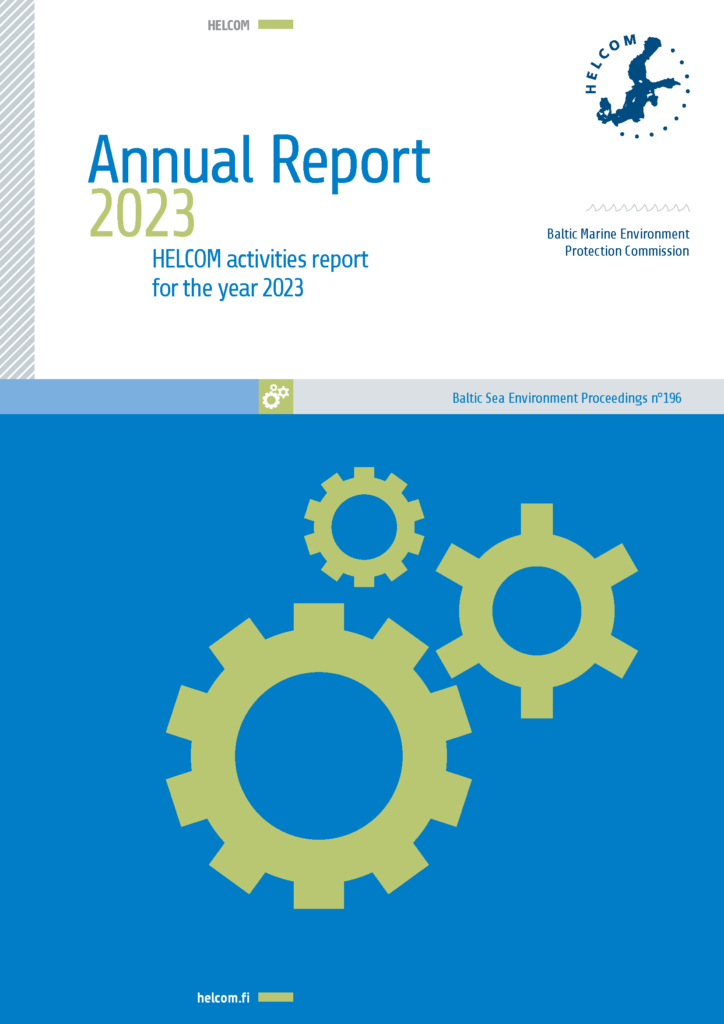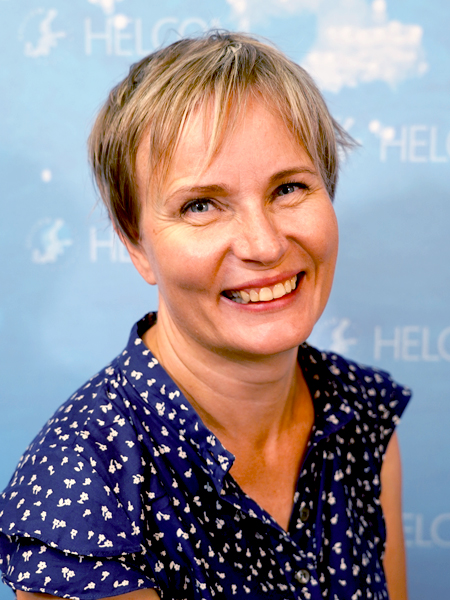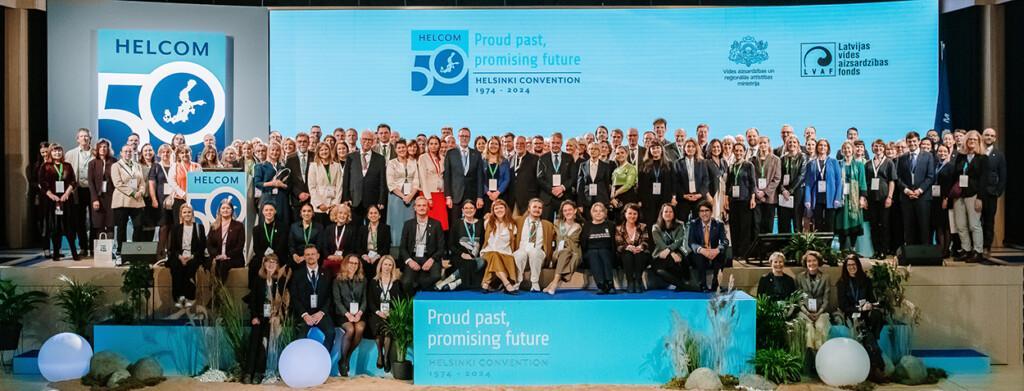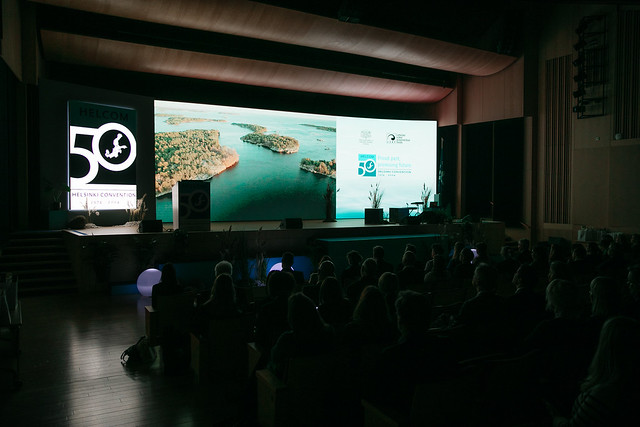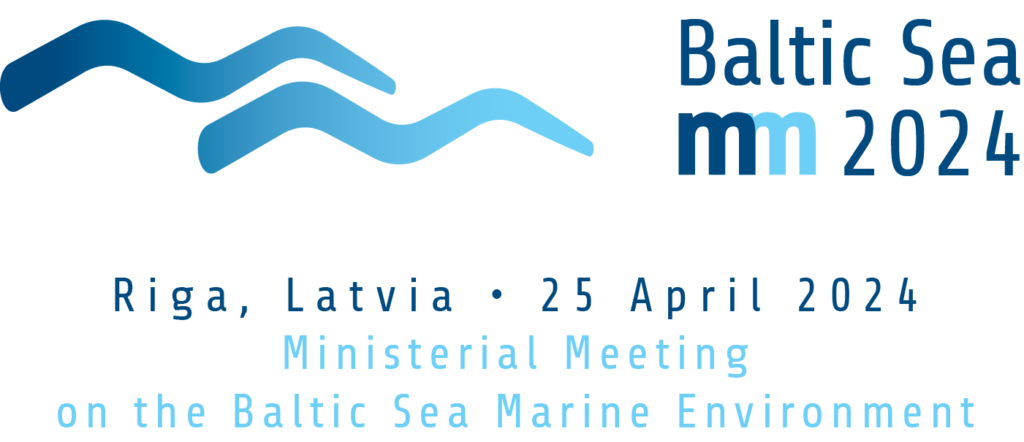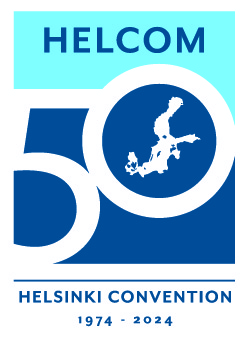Today, a handover ceremony in Butinge, at the border between Latvia and Lithuania will be held to mark the change of HELCOM Chairmanship. Lithuania will assume the Chairmanship of HELCOM from 1 July 2024 until 30 June 2026, taking over from Latvia. The Chairmanship rotates between Contracting Parties every two years, in alphabetical order.
“It is an honour and a privilege to take over the responsibility of HELCOM Chairmanship in times when protecting the Baltic Sea marine environment must remain high on all agendas”, says Mr. Vitalijus Auglys, Head of the Pollution Prevention Policy Group with the Ministry of Environment of the Republic of Lithuania, and the forthcoming Chair of HELCOM.
Mr. Auglys is currently the Head of Pollution Prevention Policy Group of the Ministry of Environment (MoE) of the Republic of Lithuania. He has worked for thirty years in the public and environmental sector with extensive experience in international cooperation, including the entire EU and Baltic Sea regions.
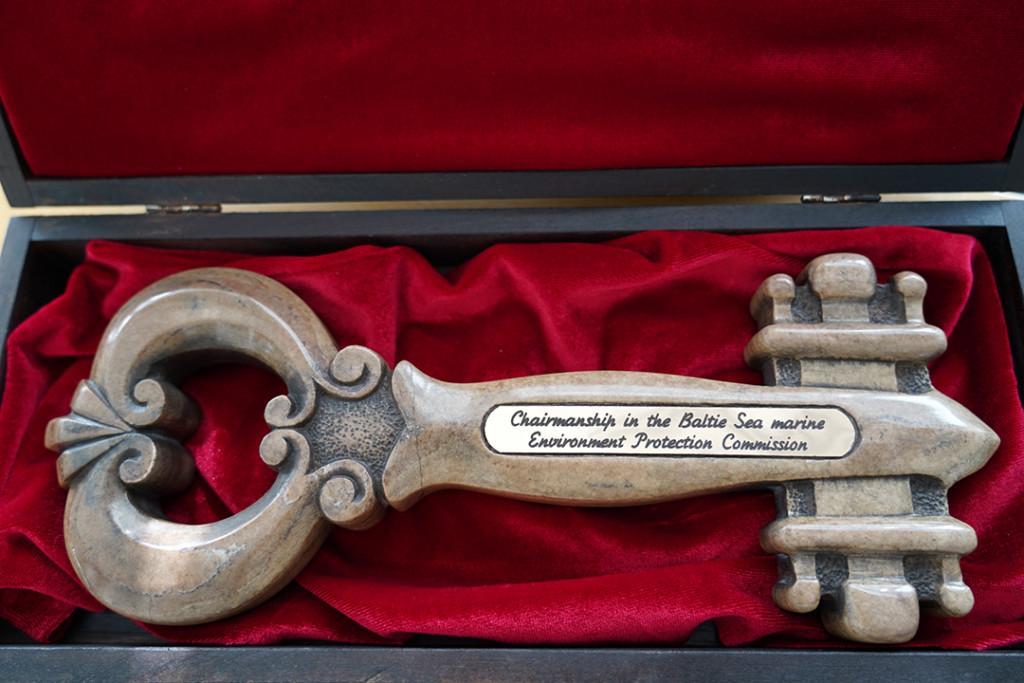
Reflecting on the priorities of the incoming Lithuanian chairmanship he states, “Geopolitical challenges in the Baltic Sea region and political tensions between the countries can affect environmental activities and maritime security. That is why one of the top priorities of our Chairmanship is to strengthen HELCOM’s role in the context of those challenges.”
“Another priority area is to seek a balance between environmental protection and the Blue Economy, as this can overcome current shortcomings in the management of marine, coastal and aquatic ecosystems and become an important part of meeting the economic, social and environmental needs. Thirdly, we want to strengthen dialogue and engage the public in decision-making,” he continues.
Let the joint work continue
“We are pleased with Latvia’s achievements during the HELCOM Chairmanship and would like to thank our colleagues and everyone involved for their work. We are pleased to hand over the Chairmanship to Lithuania, underlining our long-term commitment to the security and sustainable development of the Baltic Sea. Let our joint work on the implementation of the Action Plan, including strong biodiversity conservation measures in the Baltic Sea, continue,” says Minister of Environmental Protection and Regional Development, Ms Inga Bērziņa.
The HELCOM ceremonial Chairmanship key will be handed over by the outgoing Chair of HELCOM, Ms Evija Šmite, Deputy Director General and the Director of Fisheries Control Department, State Environmental Service of Latvia.
She notes the continuity in priorities between the two Chairmanships. Ensuring that HELCOM remained a well-functioning regional organization capable of action even in unforeseen and force majeure situations was one of the priorities of Latvia’s Chairmanship from 2022 to 2024, which also took place against the current backdrop of geopolitical tension.
“Despite the geopolitical challenges, however, HELCOM has not been impaired in acting effectively and efficiently to achieve its main objectives in the protection of the Baltic marine environment. The work has continued, and several important milestones have been achieved – such as the renewal of the HELCOM working structure and the finalization and publication of the Third Holistic Assessment of the Baltic Sea (HOLAS 3)”, emphasizes Šmite.
“This spring has also been a memorable peak period for the Latvian Chairmanship. The Ministerial Meeting on the Baltic Sea Marine Environment, held on 25 April 2024, was productive and forward-looking and the following HELCOM 50th anniversary celebration was impressive, historical and interesting, draw attention to HELCOM and our joint work over the decades. In this special anniversary year, it is good to be reminded of how establishing HELCOM decades ago was a major step forward towards protecting our unique and vulnerable sea”, she continues.
Mr. Tomas Želvys has been selected as the Vice-Chair of HELCOM. He has i.a. worked in the private sector as well as the Environment Protection Agency, but most of his career in the Ministry of the Environment of the Republic of Lithuania as a Chief Specialist and as a Senior Adviser on water and subsoil issues in the Pollution Prevention Policy Group.
Read more about the Lithuanian priorities for HELCOM in 2024-2026
Contact
Communication division
Ministry of Environmental Protection and Regional Development of the Republic of Latvia
+371 20 200 305
prese@varam.gov.lv
www.varam.gov.lv
Johanna Laurila
Communications Advisor, HELCOM
+358 40 7268648
johanna.laurila@helcom.fi
www.helcom.fi

